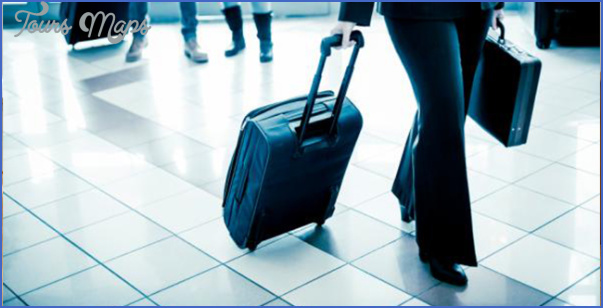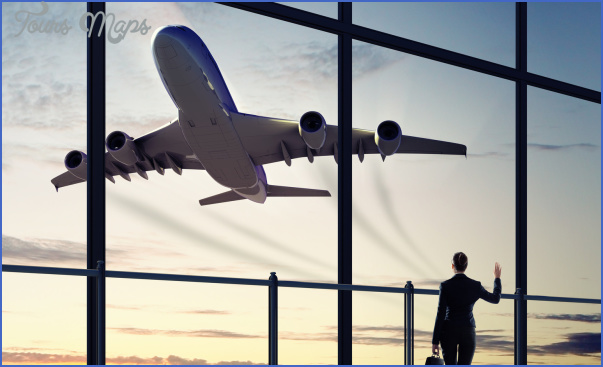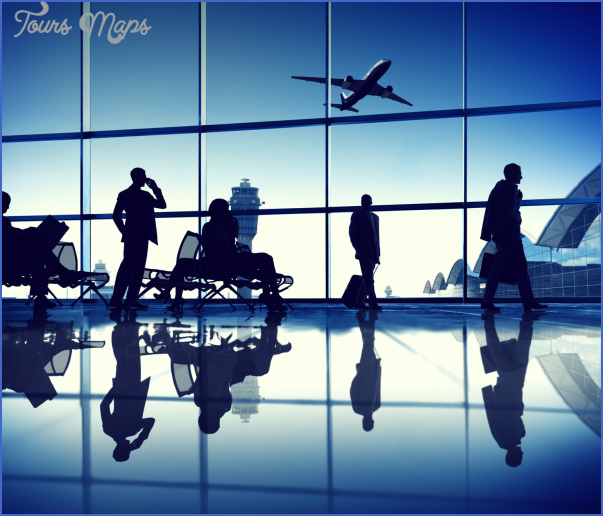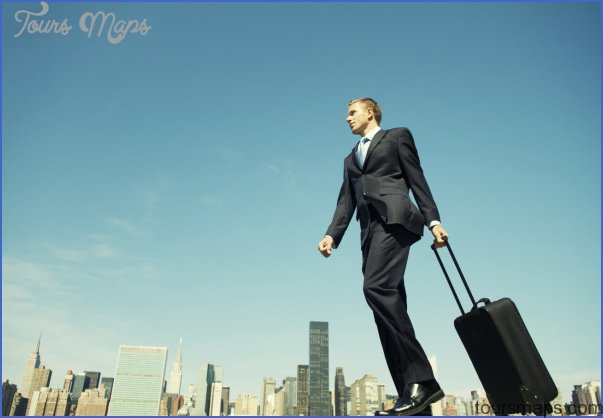International travel includes business travel, a component much prized by the airlines. It is prized because it constitutes so much of air travel, 60 percent or more on many airlines; and because the business traveler usually pays full fare. He cannot buy an APEX, an advanced purchase flight, because he has to go tomorrow. He usually eschews the red-eye
FIGURE 1.2 First travel agent. Thomas Cook, generally acknowledged as the first travel agent, started small by arranging tours within England. Later he packaged tours to the Middle East and Europe, built a railway up Mount Vesuvius near Naples, Italy, operated cruises on the Nile, and in 1872 conducted the first tour around the world. Thomas Cook and Sons developed into a large travel conglomerate, pioneering several aspects of the travel business. night flight because he has to look decent and be alert during tomorrow’s meeting. Top executives fly first-class, which can mean 50 percent or more revenue for a slightly larger seat and a little more food, drink, and service. Executives don’t mind paying for first-class because it is the company that pays. Therefore the business traveler is wooed, given a business-class section with more leg room, free drinks, and a little status, gifts and awards for frequent flying with a particular airline.
Where does the business traveler go? Everywhere there is business opportunity and activity. The major capitals of the world see him most often. So too do the political capitals. The financial centers are like honey to the bee: New York City, London, and Paris are the obvious money markets. In the East it is Hong Kong and Tokyo and more recently Singapore. Oil money flows through Bahrain, the little island-state off the Saudi Arabian coast. Very practical, the 350,000 people there welcome banks by placing few restrictions on them. The bankers like Bahrain because, unlike most other Arab states, alcohol flows freely there. It is close to Saudi Arabia, richest of all oil states, Kuwait and the United Arab Emirates. Because of its location and excellent communications facilities, money dealers can trade with Tokyo and Singapore in the morning and with London and New York after lunch.
Much of the appeal of some little nations, such as the Bahamas, the Grand Cayman islands and Panama, comes from their relaxed laws about banking and the secrecy imposed on money transfers. They are called tax havens by some; others call them money laundries, or refuges for hot money. Undoubtedly some of the travel to Switzerland and Liechtenstein has had a similar money-hiding motivation for a number of decades.
BUSINESS TRAVEL Photo Gallery
Maybe You Like Them Too
- Explore Angleton, Texas with this detailed map
- Explore Blavozy, France with this detailed map
- Explore East Lindfield, Australia with this detailed map
- Explore Bonferraro, Italy with this detailed map
- Explore Doncaster, United Kingdom with this detailed map








